If you click on a link and make a purchase we may receive a small commission. Read our editorial policy.
Rick Riordan’s take on Norse mythology with the Magnus Chase books has gotten me back into reading Thor comics [If It Bleeds, We Read]
Rick Riordan's Magnus Chase books helped me rediscover my love of Norse mythology and Thor in general
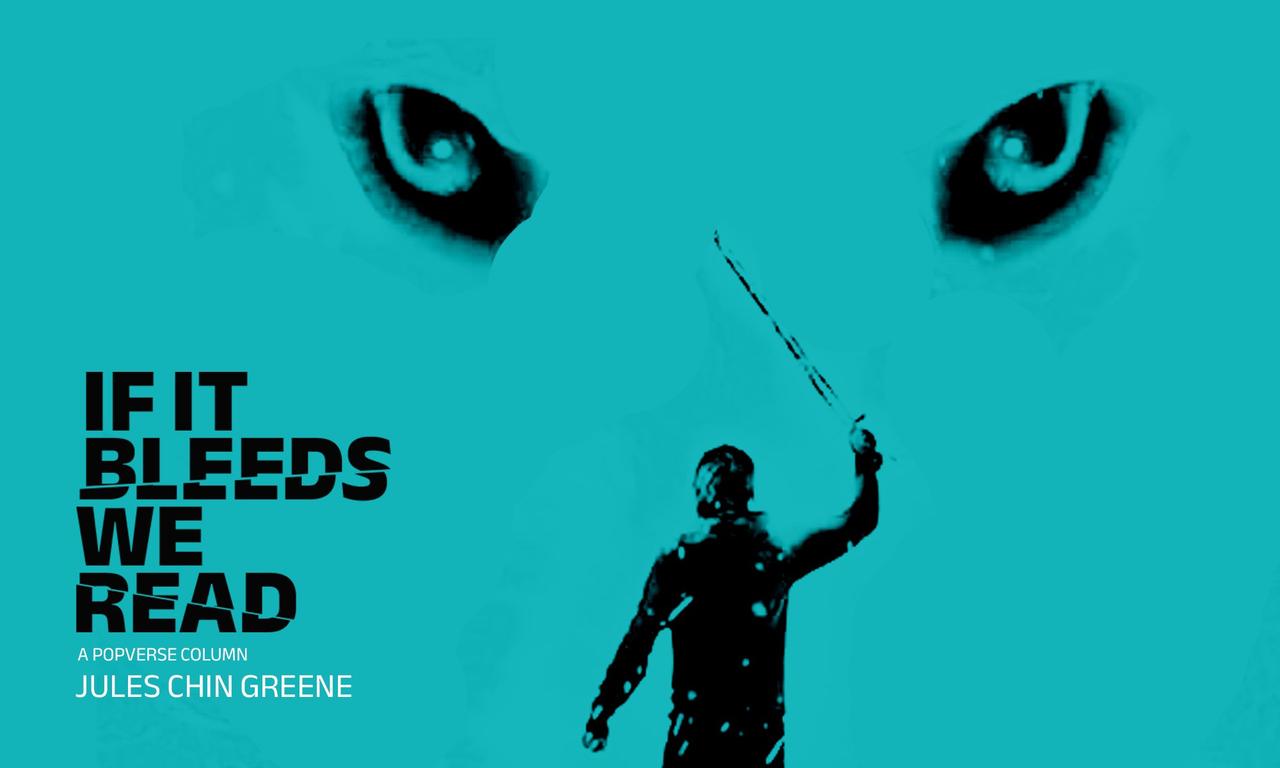
Popverse's top stories
- DC Comics revamps Teen Titans with Red Hood leading a new generation of heroes
- Why anime can't resist the allure of the isekai
- If you’re starting Daredevil, here’s why Born Again matters
If It Bleeds, We Read is a monthly column by staff writer Jules Chin Greene where he takes a closer look at the genre fiction (sci-fi, fantasy, horror, thriller) books that haunt him - in a good way. Whether it's classics by Stephen King or new releases hitting a bookstore near you, If It Bleeds, We Read investigates the hold that these imaginary worlds have on all of us as they live in our heads rent-free. Jules encourages you to laugh, but doesn't want you to feel pressured to.
I remember the day in my college archaeology professor announced that we would be doing an exercise in experimental archaeology to understand how the Vikings made some of their tools. Now, everything in archaeology excites me, but getting the chance to do, for lack of a better phrase, Viking shit, in school was a dream come true. This was around the same time that I dove headfirst into Walt Simonson's run on Thor from the 1980s, spending hours lying on the floor, reading from the omnibus, engrossing myself in places and people like Svartalfheim, Balder the Brave, and more.
And as much as I was interested in Viking history and cultural practices, I was also a person of color living in a world where Norse culture has been appropriated by white supremacists. As you might imagine, it can be a minefield for me sometimes, being who I am and having this particular set of interests. So, for my own sanity, I let my interest in the Vikings and Norse mythology go dormant for a few years. That is, until I started reading Rick Riordan's Magnus Chase books, and I started texting one of my best friends things like, "Dude, I fecking love the Vikings."
When I started reading the Magnus Chase books, which are a cousin (literally) of Riordan's Percy Jackson books about demigod children, I knew I was going to love them because of Riordan's signature sense of humor. But what I was not expecting was how well Norse mythology lends itself to Riordan's humor. And that's the thing: in reading the Magnus Chase books, I realized how much I've been conditioned by Greek and Roman mythology to approach other mythologies of the world with the same sort of seriousness I brought to Catholic mass every Sunday as a kid: "whatever you do, don't laugh." And while my kid self had to bite my lip to prevent myself from laughing in church whenever a particularly long or unusual biblical name came up, Riordan centered jokes around words like "Ginnungagap" (the abyss around Asgard) that opened doors for my inner kid to have a good laugh.
Reading Magnus's misadventures fighting giants and getting help from the Valkyries helped jog my memory on what differentiates Norse mythology from Greek and Roman myths. In the Greek pantheon, there is a lot of backstabbing. The gods are vindictive, even to mortals, which suggests to me that they lack the capacity to compartmentalize their emotions. In Norse mythology, Odin trolls his son Thor by disguising himself as a ferryman who refuses to give the god of thunder a ride across a huge lake. In the spirit of the phrase "dudes rock," Thor and Hymir go on a fishing trip! Aside from the cataclysmic horrors of Ragnarok, the Norse gods are a lot more fun than party poopers from Ancient Greece.
Under Riordan's pen, I was empowered to have fun within this pantheon, especially when it came to stuff like Thor using Mjolnir to watch the latest season of Jessica Jones on Netflix. But it wasn't just Riordan's comedic chops that reignited my love of Norse mythology; it was also the way that he reimagined the gods themselves and established the world of the Magnus Chase books as a place where all people were welcome. The second book in the series, The Hammer of Thor, establishes that Crispus Attucks, the Afro-Indigenous man who was killed in the Boston Massacre, is an einherji living it up in Valhalla! One of Magnus's roommates in Valhalla, TJ, is the son of the god Tyr and an escaped enslaved woman. TJ fought for the Union during the Civil War, and runs around using a musket and bayonet as his weapon of choice. Like come on, that is so much fun.
When I first fell into Norse mythology, I kept it all to myself. I didn't have anyone to talk about Thor comics with in-depth. But now, I feel so grateful that I live in a world where a wildly popular interpretation of Norse mythology includes people of color, disabled people, LGBTQIA+ folks, and more with the Magnus Chase books. And, I no longer have to look far in order to find someone to talk Balder the Brave with (though honestly, it does feel like I am the only Balder fan in the world. Come on, Marvel, toss me a bone).
Recently, at San Diego Comic-Con, I was trying to articulate to one of my best friends the reason why I like Thor. Wrestling the weight of the Jack Kirby Thor omnibus I had just bought around the depths of my tote bag, the best explanation I could come up with was, "He just does shit and I have no idea what he's actually doing" (Yes, I have a degree in English). What I meant by that was, the Vikings, Thor, and the gods of Asgard all represent something beyond the bounds of my imagination. On one level, I can understand, intellectually, how the Vikings were able to extract perfectly rectangular planks of wood from felled trees to build their longships with, but there is a sense of magic for me in the cultural legacy that these medieval people left behind. I simply cannot fathom the experience of Leif Erikson and his crew crossing the Atlantic Ocean and landing in present-day Newfoundland, and then making the trip back home in the 11th century. To me, they might as well be from space, or from the pages of a Rick Riordan book.
Just like yourself, the Popverse staff spends a whole lot of time with our respective noses in respective books. It's why we've come up with stuff like:
- The hottest upcoming fiction
- Queer romance to add to your reading list
- A genre fiction literary column called If It Bleeds, We Read
...and a whole lot more. Join our metaphorical library, won't you? There are no late fees and you can be as loud as you want, so long as the people you live with are OK with it.
Follow Popverse for upcoming event coverage and news
Find out how we conduct our review by reading our review policy
Let Popverse be your tour guide through the wilderness of pop culture
Sign in and let us help you find your new favorite thing.





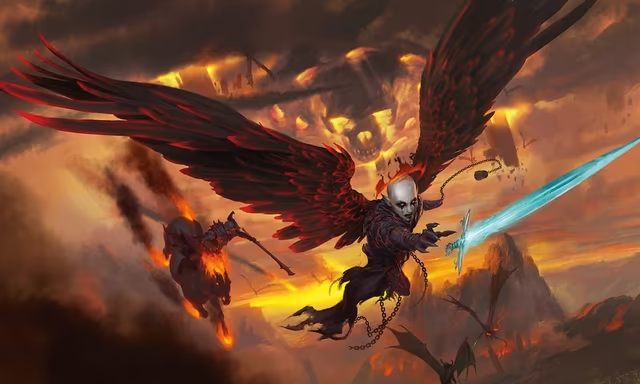
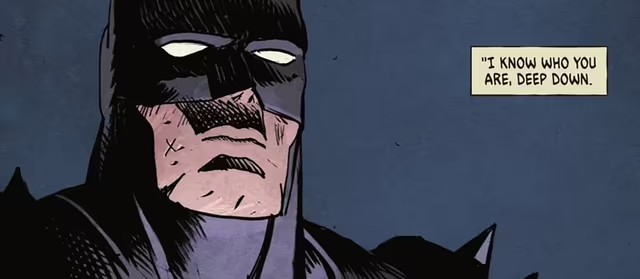
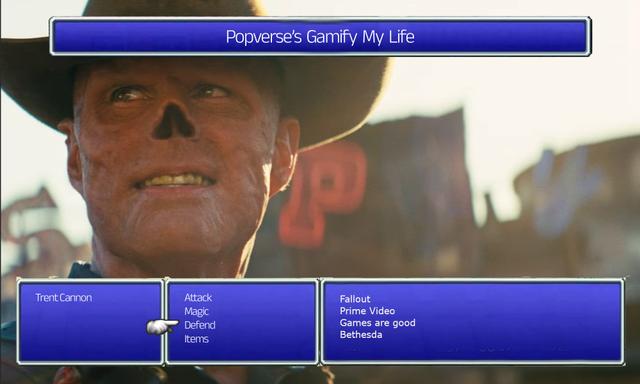
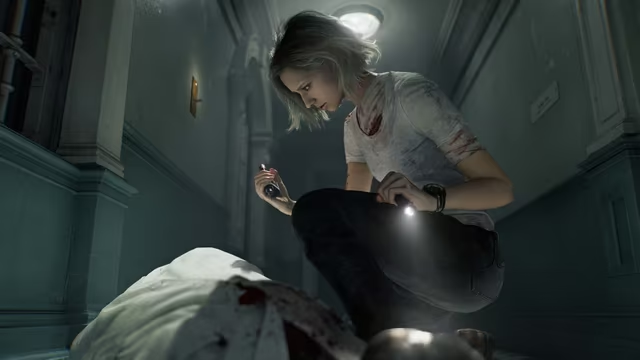
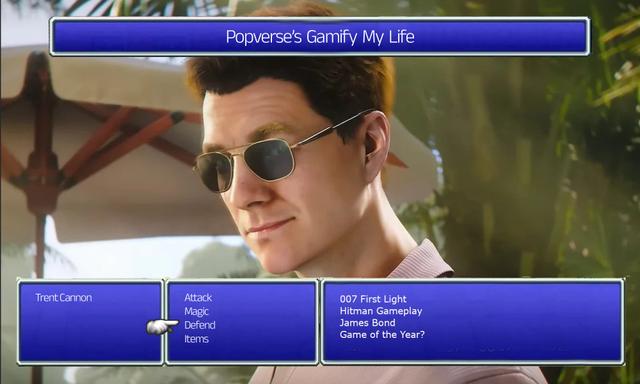






Comments
Want to join the discussion? Please activate your account first.
Visit Reedpop ID if you need to resend the confirmation email.